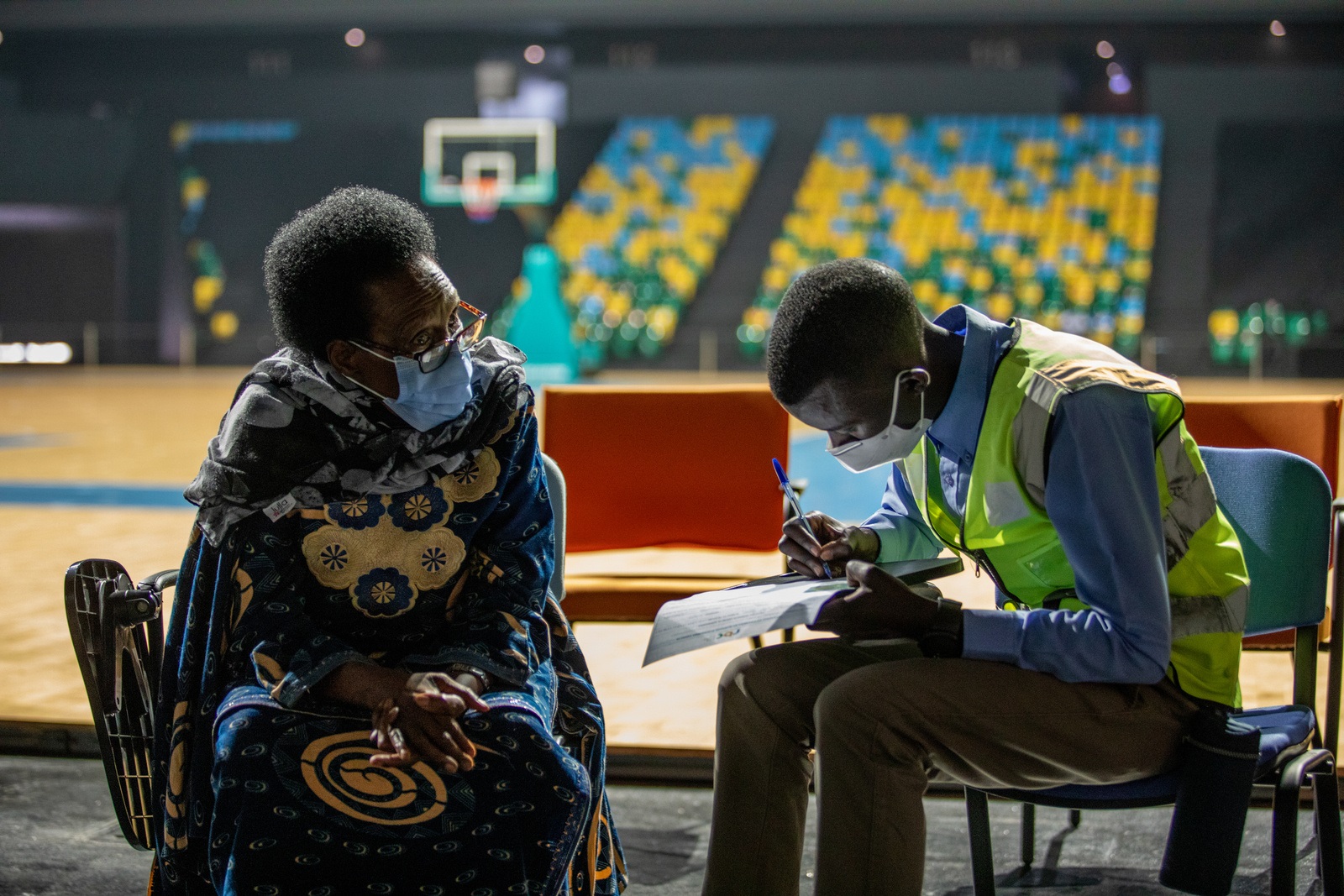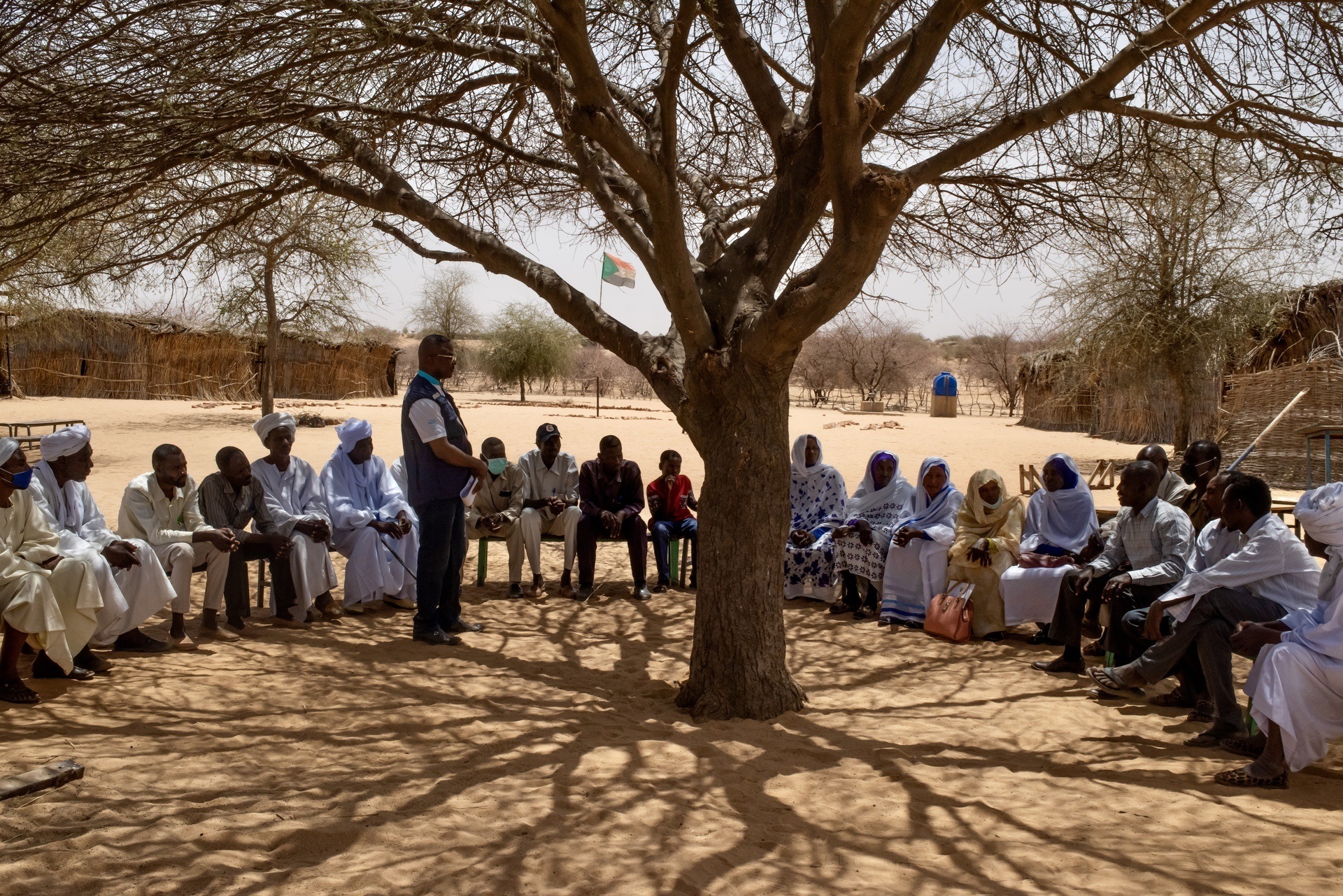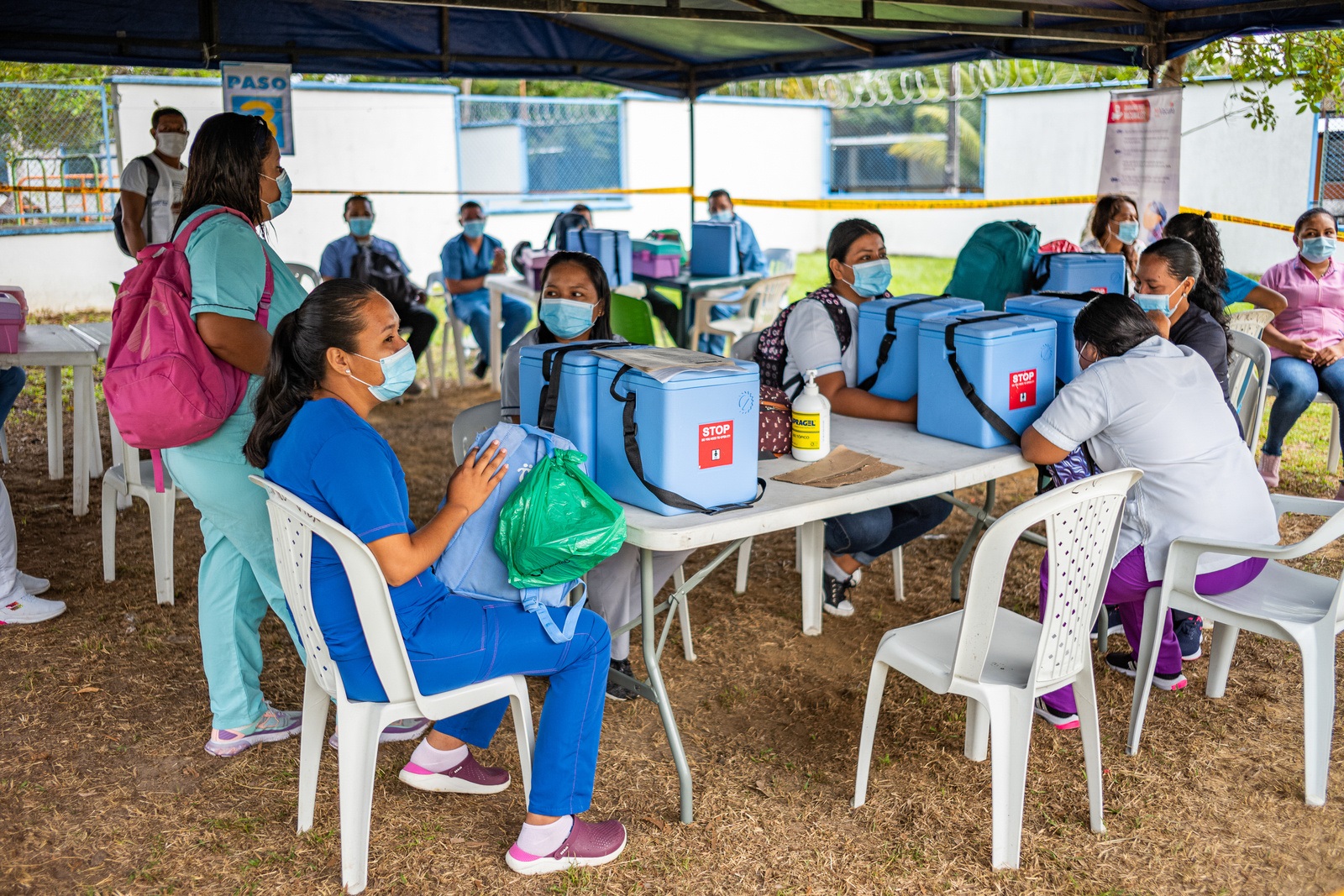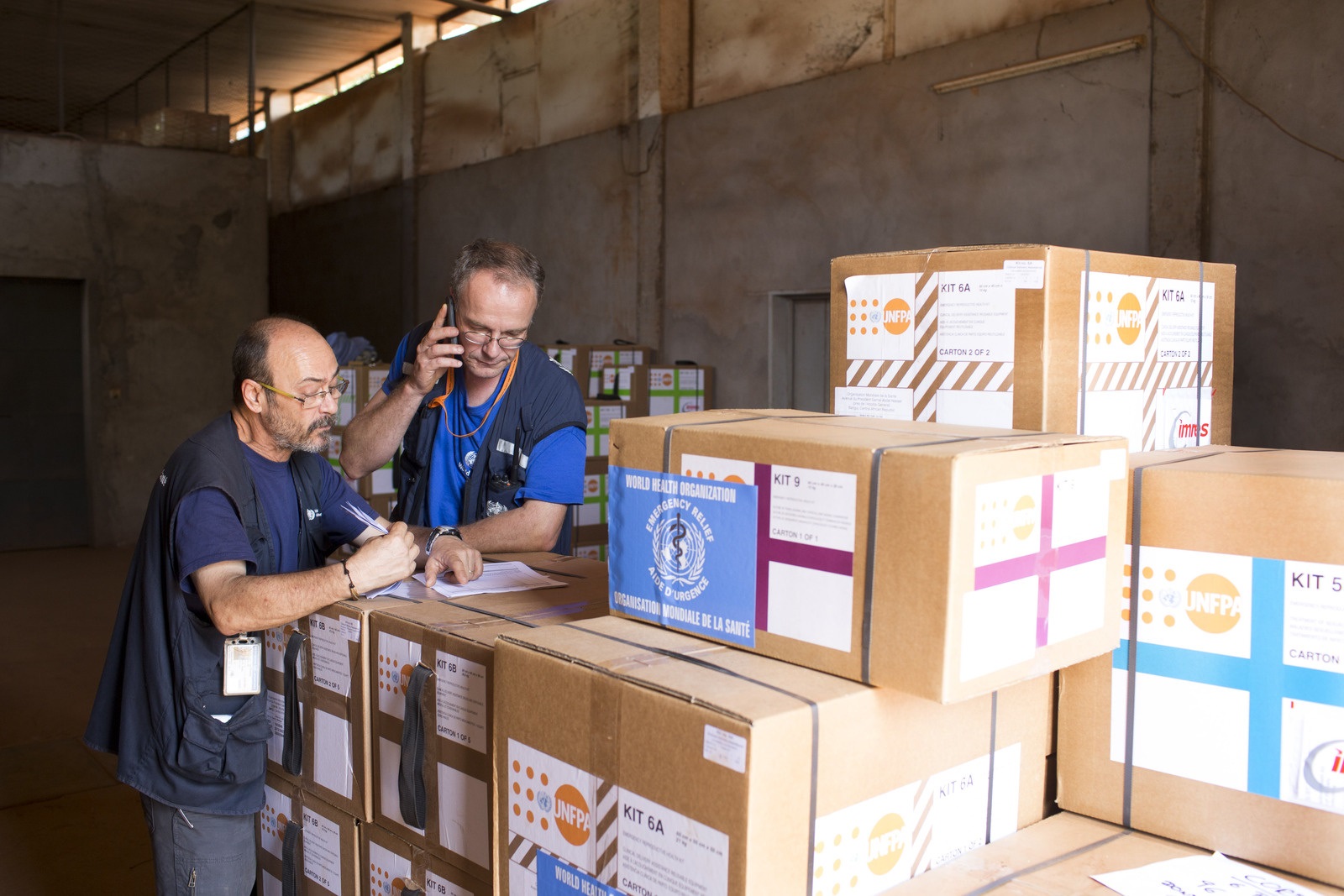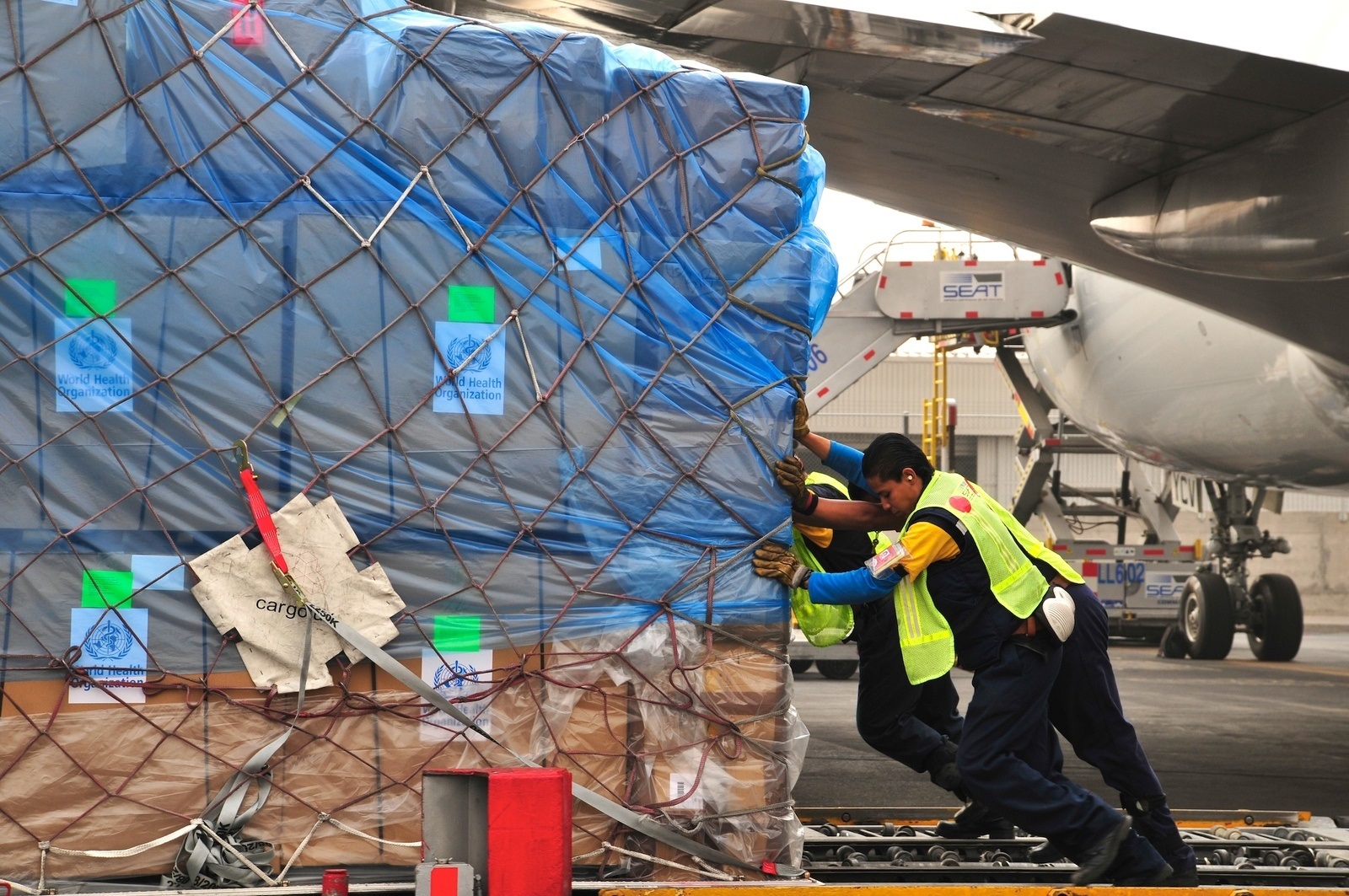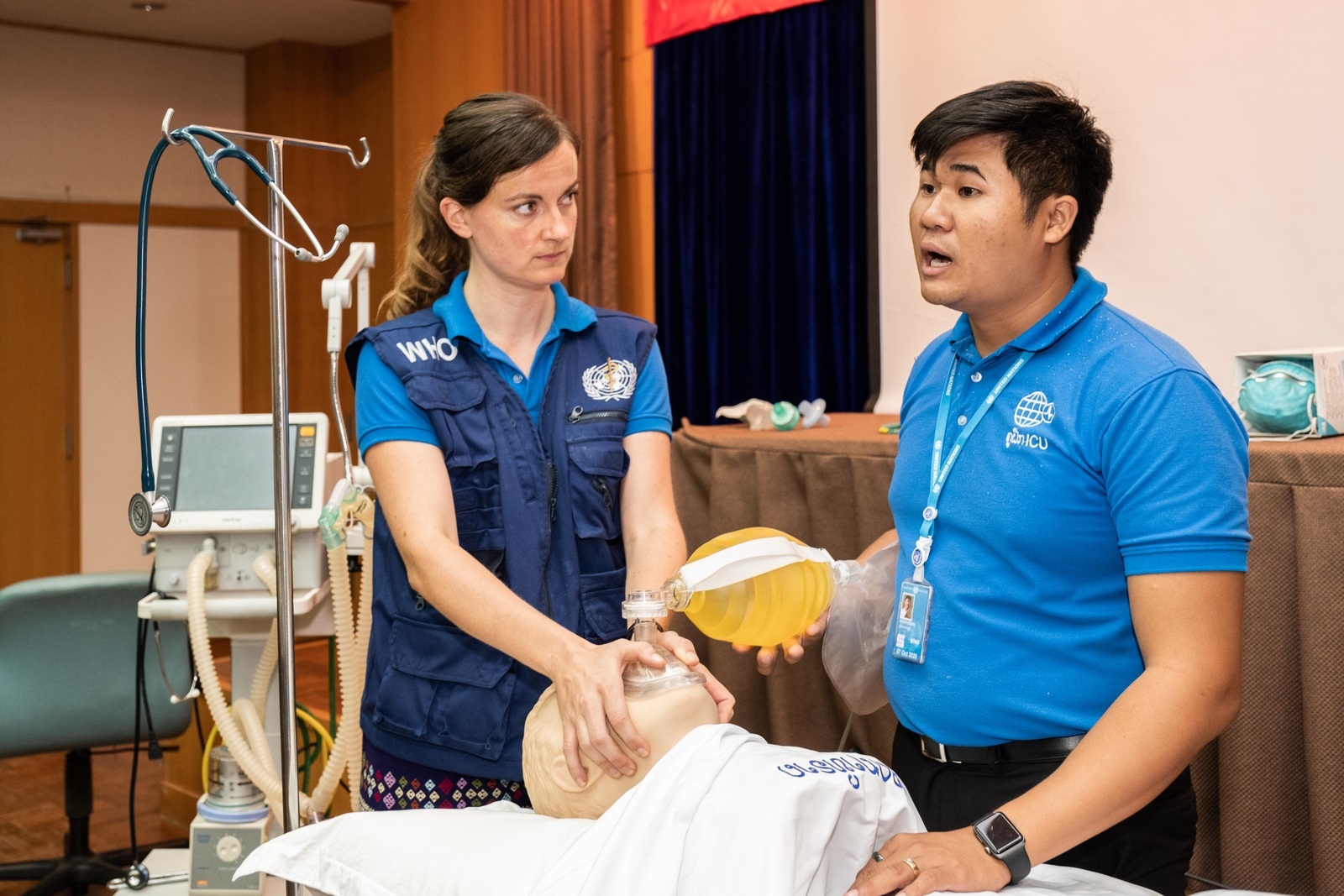Stakeholder engagement
Stakeholder engagement is at the heart of advancing global clinical trial ecosystems. By fostering partnerships, building networks, and promoting dialogue, the World Health Organization (WHO) works collaboratively with diverse stakeholders to implement the WHA75.8 resolution. From the Global Clinical Trials Forum (GCTF) to specialized partnerships and networks, these efforts are designed to address pressing global health challenges and create sustainable, high-quality clinical research ecosystem.
Join us in shaping the future of clinical trials — subscribe to the GCTF Newsletter, explore partnership opportunities, or delve into our networks and resources to learn how you can contribute to strengthening the global clinical trials landscape.
Global clinical trials forum (GCTF)
Global Clinical Trials Forum (GCTF) is a WHO managed network involving global experts from various organizations and disciplines focused on advancing clinical research capabilities. It aims to enhance the quality and coordination of clinical trials worldwide, address local and global health challenges, and foster collaboration among stakeholders including researchers, ethics committees, policymakers, regulators, funders, and patient/community groups.
GCTF gathers annually for in-person consultation and remains engaged remotely throughout the year.
The first Global Clinical Trials Forum (GCTF) meeting held in 2023 resulted in a global vision for sustainable clinical research infrastructure. The follow-up meeting in June 2024 launched consultations on the Global Action Plan for Clinical Trial Ecosystem Strengthening (GAP-CTS) — read more from the meeting report.
In April 2025, the second GCTF meeting marked two major milestones: the official launch of the GCTF — a WHO-managed network — and the release of GAP-CTS. Further details available in the meeting report.
Partnerships and networks
The implementation of WHA75.8 is led by a secretariat made of a team of WHO staff based in Geneva, who work in close collaboration with relevant WHO regional and country teams. To achieve global reach, the secretariat relies on diverse partnerships to foster global collaboration in strengthening clinical trials ecosystem.
Some of the existing partnerships include:
- WHO partnerships:
Interested in becoming a partner, contact WHA758@who.int
Frequently asked questions
Explore the Frequently Asked Questions for quick answers and insights on common queries about clinical trials.
Frequently asked questions about clinical trials
Contact information
For specific enquiries issues about the implementation of WHA75.8, please contact WHA758@who.int.
Related topics
These related topics highlight important areas integral to strengthening clinical trials to improve global health outcomes. Each topic reflects a critical aspect of building a sustainable, ethical, and efficient clinical trials ecosystem.
From global norms and standards for trial registration and data sharing to prioritizing impactful research and fostering better coordination, these efforts support the generation of high-quality evidence that informs healthcare decisions. Strengthening infrastructure, regulatory processes, and ethical oversight ensures trials are inclusive and capable of addressing both endemic and emergency health challenges.
Explore the topics and initiatives below to understand how they contribute to the ongoing efforts to enhance clinical trials worldwide.

